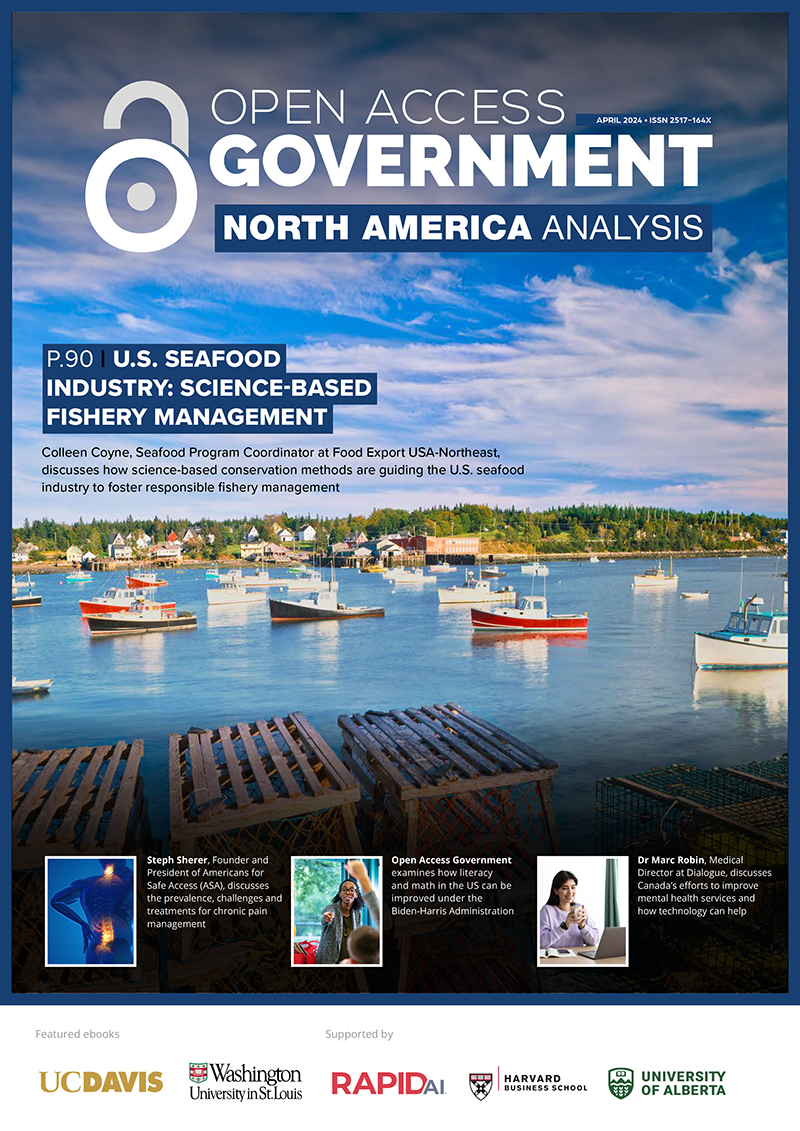Open Access Government encourages you to read our latest North America Analysis after Easter, which provides fascinating insights from leading experts and researchers on crucial policy topics
Ron Gutman, an Inventor, Serial Healthcare and Tech Entrepreneur, and Adjunct Professor at Stanford University, talks about genomic sequencing and how it can help mitigate global public health risks. The excitement in Gutman’s voice is contagious, particularly in the first paragraph, where he talks about how he’s always had a deep interest in genetics and genomics since he first understood that genes are “the basic building blocks of life itself.”
Continuing with our health and social care theme, we welcome an in-depth feature from Steph Sherer, Founder and President of Americans for Safe Access, about the prevalence, challenges, and treatments for chronic pain management. Did you know, among many other things, that chronic pain impacts millions of people in America and has a significant impact on quality of life and other social costs? Or that research suggests that cannabis can help manage chronic pain through multiple mechanisms?
As part of our North American research focus, we provide a brief overview of recent advances in astrophysics research in the region. We learn something about the Astrophysics Division at NASA. They are dedicated to discovering our Universe, pushing the boundaries of knowledge, and sharing their discoveries with the world.
Further in, we look at how literacy and math are advancing in America under the Biden-Harris Administration. President Biden’s message has been evident since day one: Every school needs to accelerate academic performance, be safe for in-person instruction, and grow communities where every student belongs.
A must-read for anyone interested in finding out about the permafrost in Alaska’s polar region and the implications of climate change in the area comes from Danielle Baron, Director of Education Innovation at Think Ocean CIC. Discover Alaska’s unique polar ecosystems and wildlife, including polar bears, Arctic foxes, and seals that have evolved to survive in extreme cold.
We’re also taking a closer look at what’s happening in Canada; for example, why not read Dr. Marc Robin’s expert opinion on mental health services in Canada and how technology can help? Technological innovations like virtual care are revolutionizing how we access mental health services. They provide timely support, make more efficient use of resources, and offer significant benefits for employers, such as reduced loss of productivity and an attractive return on investment.
I hope you enjoyed our extensive April 2024 edition and look forward to seeing more from us in the future.


